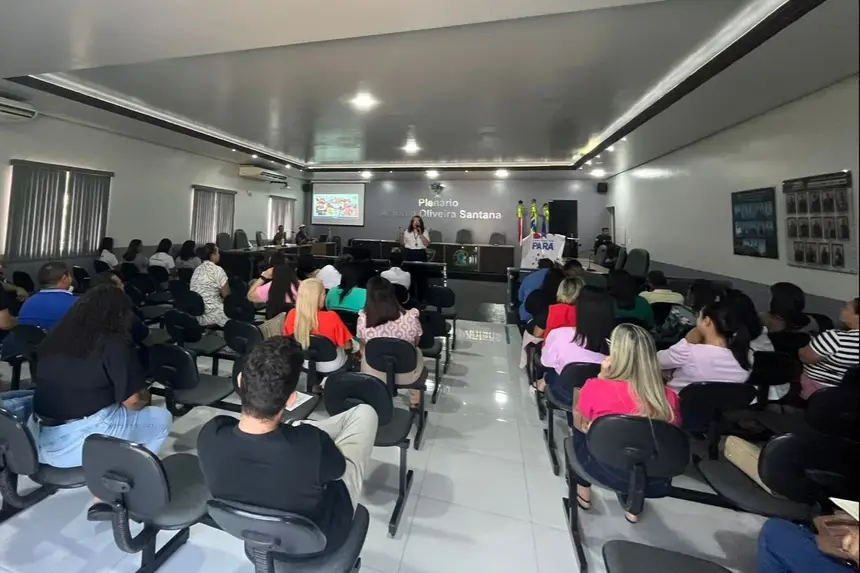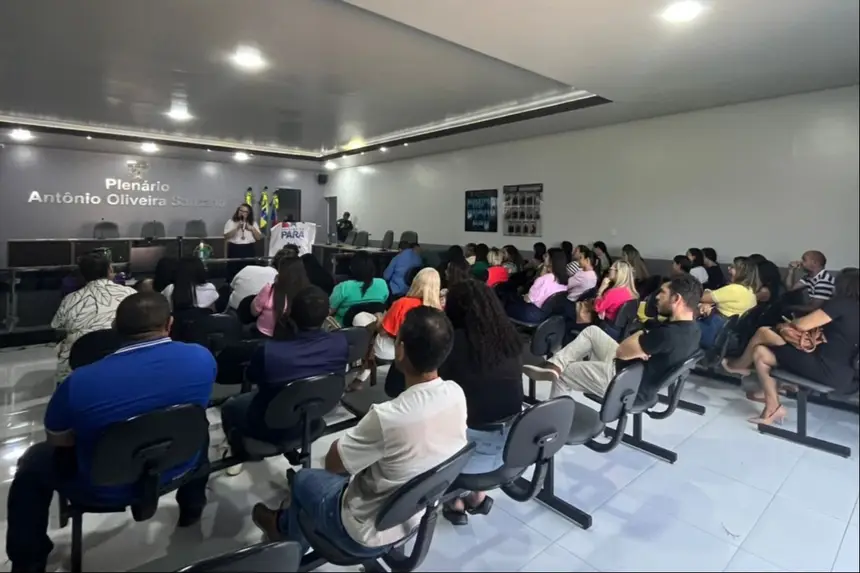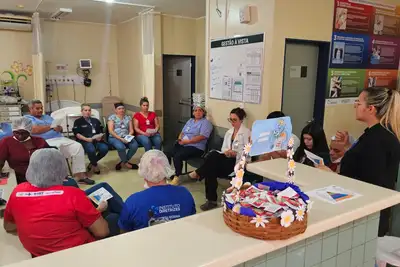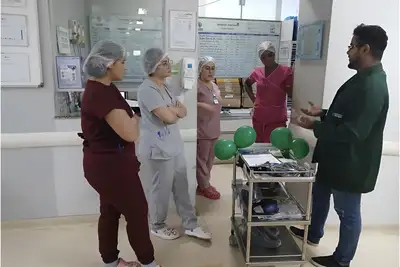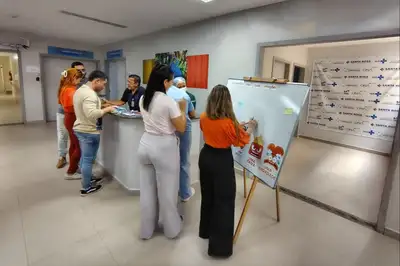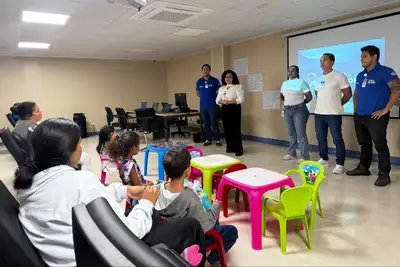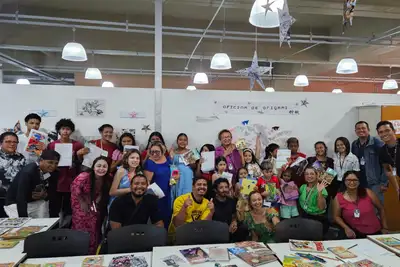Seju promotes training and drug prevention in Breu Branco
The initiative aims to enhance the technical and human training of professionals working in substance abuse prevention
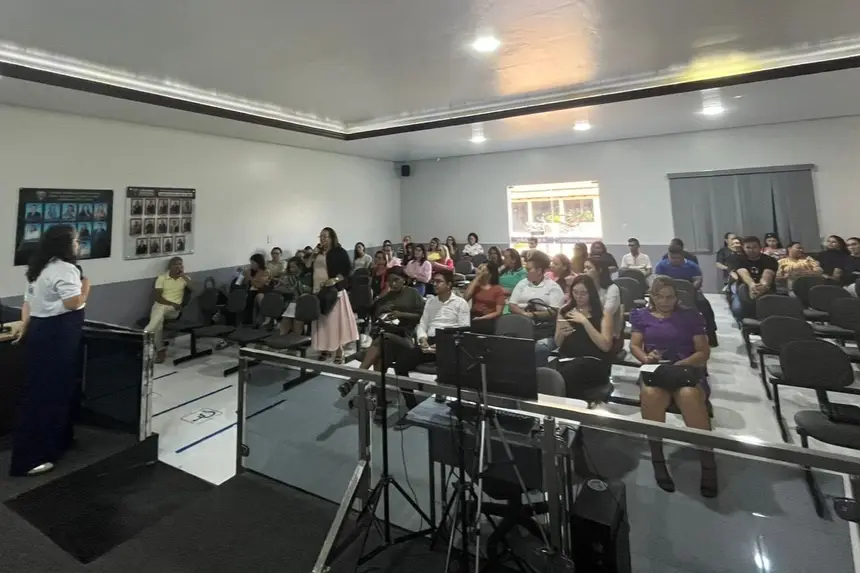
The State Secretariat of Justice (Seju) held, this Friday (24), in the municipality of Breu Branco, in the Tucuruí Lake Region, a drug prevention training action for the intersectoral network of the city. The initiative, organized by the Coordination of Prevention, Treatment, and Reduction of Drug Use (Cenpren) of Seju, aimed to strengthen the partnership between civil society and professionals in combating substance dependence.
With the theme "Participatory Management in Drug Policy," the meeting was attended by more than 60 professionals from health, social assistance, education, and civil society in the municipality, addressing topics such as drug legislation, thematic axes of the revision of the National Drug Policy Plan, the role of the Psychosocial Care Network (Raps), stigmas and prejudices, and the importance of the municipal drug council.
“Here we have seen many situations related to this topic, involving the use of electronic cigarettes and other substances, so this training and drug prevention work being carried out by the State is very important, as it poses a risk especially for adolescents and young people,” says Raimison Vianda, a guardian councilor from Breu Branco.
Social worker Maria Érica highlights the participation of different sectors in the event. “It is an important training for all technical professionals and also for civil society, including organizing the municipal drug council to better deal with this scenario, bringing more information and awareness to the public.”
The director of Justice, Renata Hage, and the social worker from Seju, Elayne Romário, reinforced the importance of participatory and collaborative governance that understands the specificities of the territory and local realities. “This type of training enhances the technical capacity of professionals working on the front lines, promoting more effective, humane, and sustainable policies in prevention, treatment, and social reintegration,” explains Renata Hage.
The actions of Seju are aligned with the National Drug Policy (PNAD), which promotes comprehensive care, harm reduction, and social reintegration for those facing problematic use. They also follow the United Nations (UN) Sustainable Development Goals, especially the reduction of inequalities within countries.


